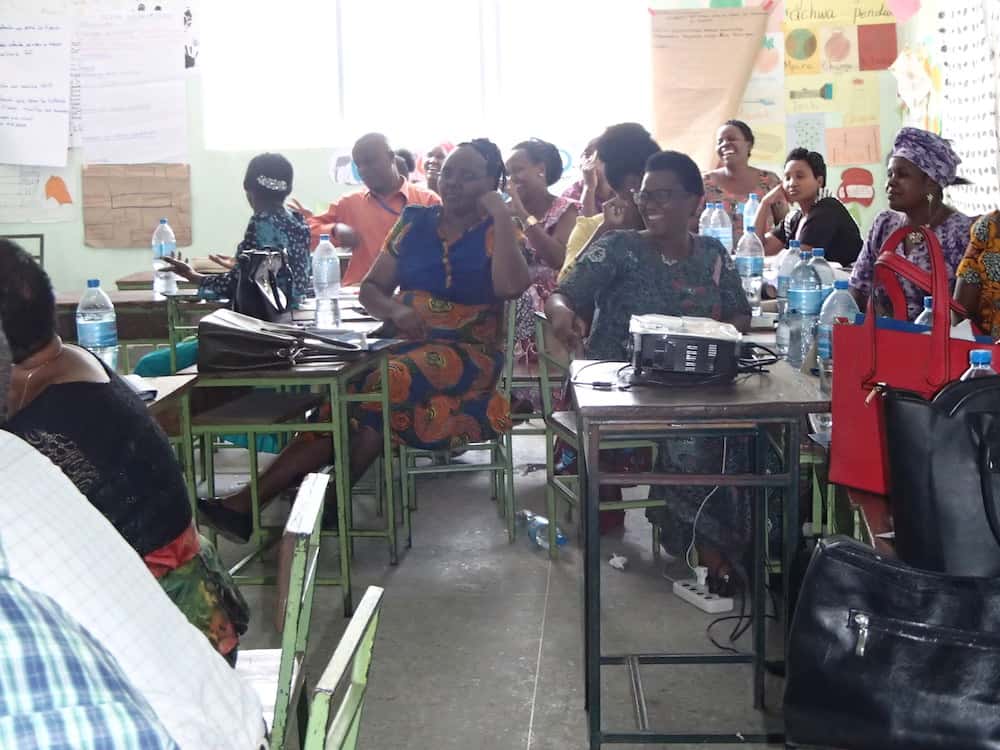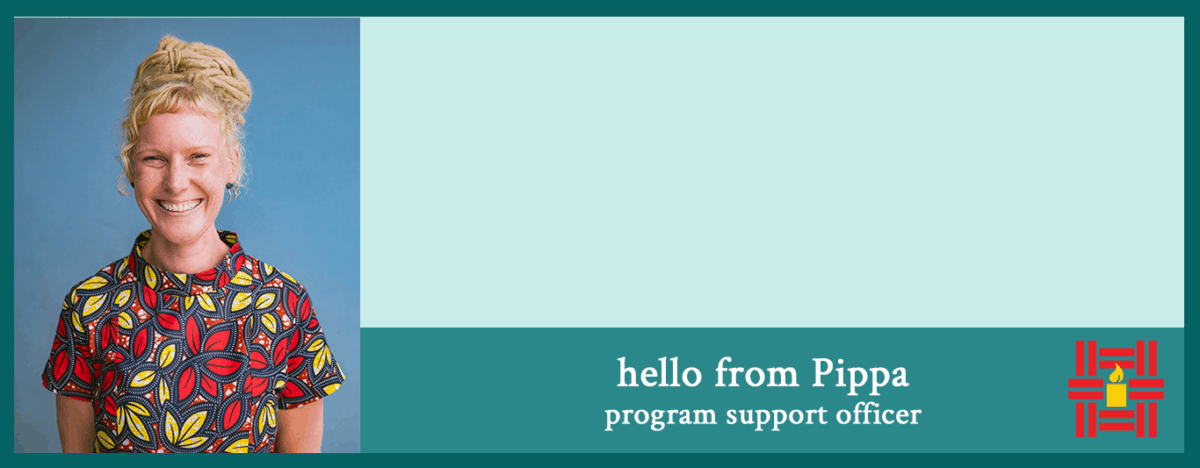
May 10, 2019
From the moment I arrived in Tanzania, it became very clear that the situation for teachers is a challenging one. Yet, the more of them I meet, the more I am inspired by their dedication and enthusiasm in spite of lower salaries, insufficient resources and enormous classes. So many of the teachers I have talked with have expressed their determination to continue to do their best for their students, and it’s very hard to not be affected by their attitude.
This means that when TFFT ran two different workshops over the two weeks of the mid-term break at Easter, we had to make sure that we were giving the teachers the best support possible to make the most of the time we had with them.
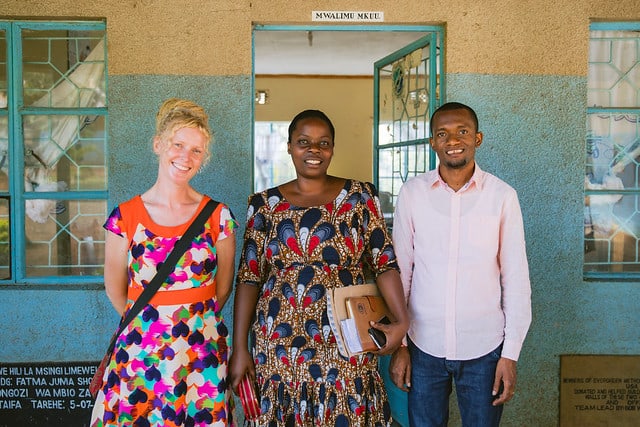
The first week we ran training in school-based mentoring, designed to help the schools set up a program of working together to change the school culture to one that is supportive of reflection, collaboration and innovation. We worked through the reflection process, goal setting, running in-house professional development, mentoring skills and creating a school-specific action plan. The workshop was highly interactive, designed to model the various modes of best practice teaching that we were promoting, and the level of involvement from the teachers made for a fun, productive week. Many of the teachers expressed their fascination with some of the sessions and resources used, with conversations often stretching long after finishing time. Critically evaluating and analysing their unique school situation and educational values seemed to be an incredibly beneficial, if challenging, process for them to go through, as we could see from their inspired plans for the rest of this year. Our hope is that when we start meeting with these schools over the coming weeks, we will see the burgeoning of uniquely-tailored, manageable professional development occurring in these partner schools.
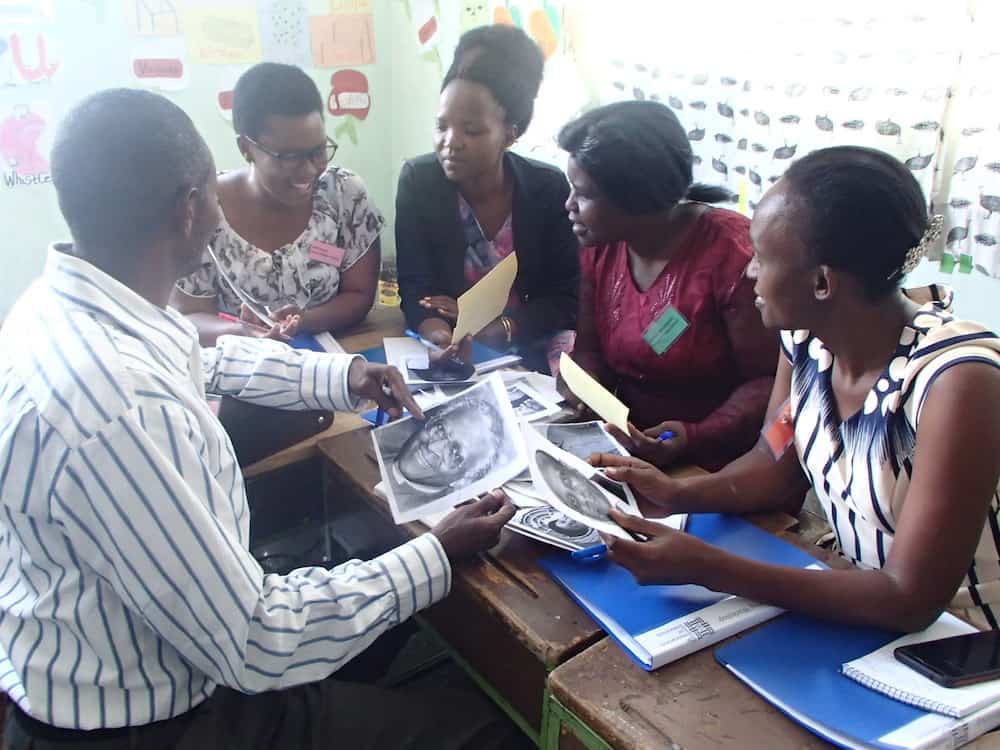
The second week we ran our first training with four new big government primary schools on participatory learning, and this was a much greater challenge. For many of them, the ideas that we were presenting were so different to what they were used to, that it was hard for them to even fit them into the space in their heads where teaching sits. But this is why what TFFT offers is so important; our earlier contact with these schools had meant that we were aware of these challenges, so we were able to approach the workshop with this in mind. Thus the workshop was designed to encourage the shift from teacher or curriculum-centred teaching, to student-centred teaching; through finding out where students are at, and trying to meet them at their level, so that every student can get something out of every class, no matter their knowledge, experience or natural ability. Through this process, students’ attitudes towards success changes, as does their enjoyment of learning, fed by discovery, exploration and creative thinking. Most of the teachers really embraced the idea that a changing world requires a change in approach, although the practicalities really concerned them. So we focused on using everyday throw-away rubbish to make teaching aids, creating learning games that require nothing more than blackboard and chalk, and simple ways of asking questions that challenge students to think. Our hope is that when we start meeting with these schools later this month, that we will see some evidence of student-centred activities in their lesson plans and hear stories of both successful and failed attempts at finding ways to really connect the students with the curriculum.
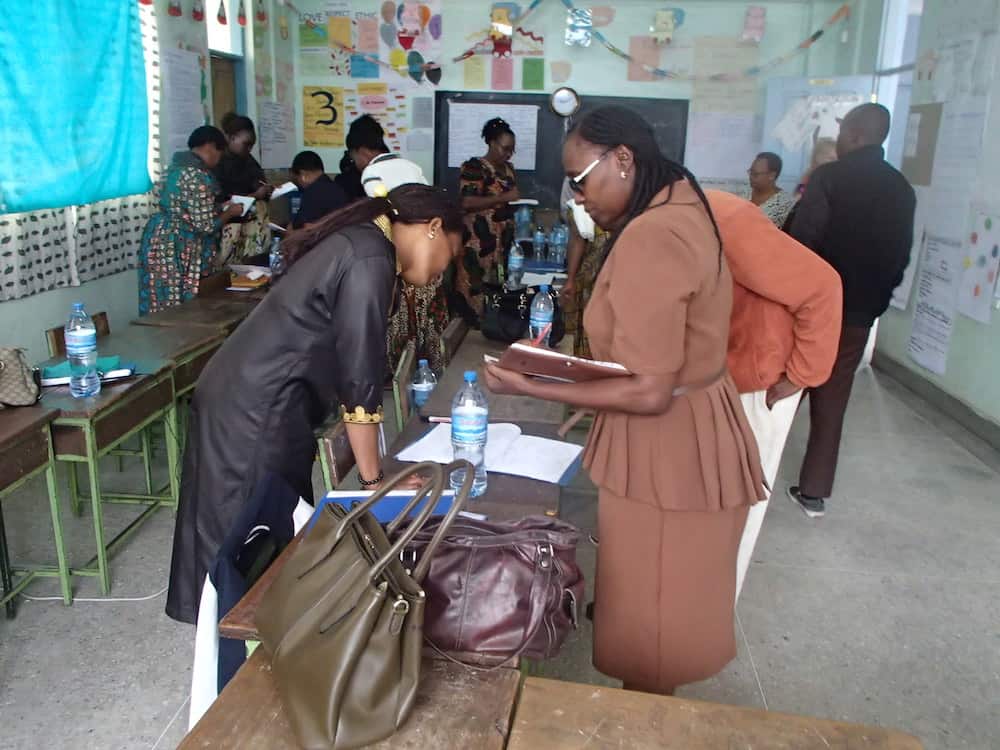
I think what makes TFFT’s contribution here so special is that we don’t just run workshops, rather we make a commitment to the schools that we will walk this journey with them, and it makes such a difference. We take the time to find out what they actually need in terms of development and support, and try to facilitate that happening to the best of our ability. And this is not only best practice, it’s common sense; the teachers are incredibly appreciative of what we offer because they see that we are investing so much time and energy into them as people. This makes it so much easier for us to expect them to commit to the program’s goals after the workshop itself ends, because the teachers understand this is a relationship: the fear of change and of failure diminishes when you know that the value of people – teachers, students and the community – is at the core of our partnership. The contribution, influence and ability of teachers all over the world should be respected and valued, but too often they are misunderstood, overlooked and under-appreciated, so the time we take to build the relationships with our partner schools makes all the difference in the world.
